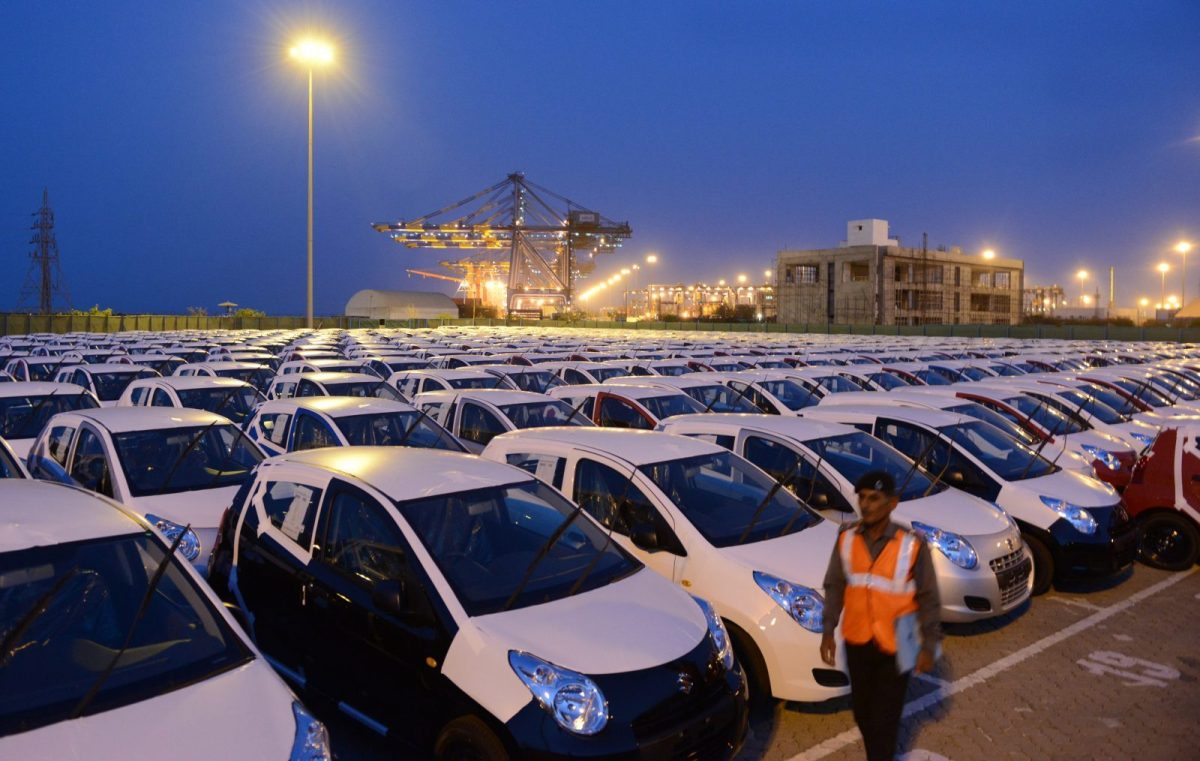[ad_1]
Indians planning to junk their old vehicles for new ones will be given incentives by automobile firms. Transport Minister Nitin Gadkari said that under the voluntary Vehicle Scrappage Policy, automobile manufacturers will provide about a 5% rebate if a new car is purchased after scrapping an old one, the Press Trust of India reported.
“There are four major components of the policy … Apart from the rebate, there are provisions of green taxes and other levies on old polluting vehicles. These will be required to undergo mandatory fitness and pollution tests in automated facilities. For this, automated fitness centers would be required throughout the country and we are working in that direction,†Gadkari said.
According to the policy, announced in the Union Budget last month, personal vehicles that are 20 years old and commercial vehicles that have been in use for more than 15 years need to undergo fitness tests.
Driving old vehicles without adequate clearances could invite huge penalties and the vehicle may also be impounded, the minister said. Old vehicles are estimated to cause 10-12 times more pollution than new ones.
About 10 million vehicles are expected to be scrapped. Of this, an estimated 5.1 million will be personal light motor vehicles that are more than 20 years old and 3.4 million commercial light motor vehicles that have been in use for over 15 years.
Nearly 1.7 million medium and heavy motor vehicles that have been in use for more than 15 years and lack valid fitness certificates will also be scrapped, the minister said.
However, experts feel the government faces a huge challenge to implement this policy as the supporting infrastructure is inadequate to cope with India’s size and vehicle volumes. There are now only seven automated fitness testing centers in the country and two authorized vehicle scrapping centers.
Government assistance
The minister assured that automated fitness tests will be set up under the public-private partnership model and the federal government will assist private partners and state governments in setting up scrapping centers.
Gadkari said the policy will provide a boost to new technologies with better fuel efficiency and emission standards. It will also help cut India’s crude oil import bill, which is now 8 trillion rupees ($109 billion).
The minister also pointed out that once the policy comes into practice, the availability of scrapped material such as steel, plastic, rubber, aluminum etc will be used in making automobile parts, which will help reduce costs by 30-40%.
The new policy is also expected to provide a major boost to the Indian automobile sector, reeling under the Covid-19 pandemic-induced slowdown. Gadkari said: “Automobile industry turnover which is 4.5 trillion rupees (US$61.5 billion) at present is likely to swell to 10 trillion rupees in years to come with India becoming an automobile hub.â€
The air quality index in many Indian cities is above safe limits and vehicular emissions are one of the major reasons. A study by consulting firm AT Kearney, based on data from the Central Pollution Control Board and road ministry emission norms, has estimated that there were approximately 7,000,000 trucks, buses and taxis manufactured before December 31, 2000, and they contribute 15-20% of vehicular pollution.
Last April, India introduced a stricter vehicular emission norm called Bharat Stage VI for new vehicles. They have significantly lowered emissions of particulate matter and nitrogen oxide than older vehicles.
[ad_2]
Source link













